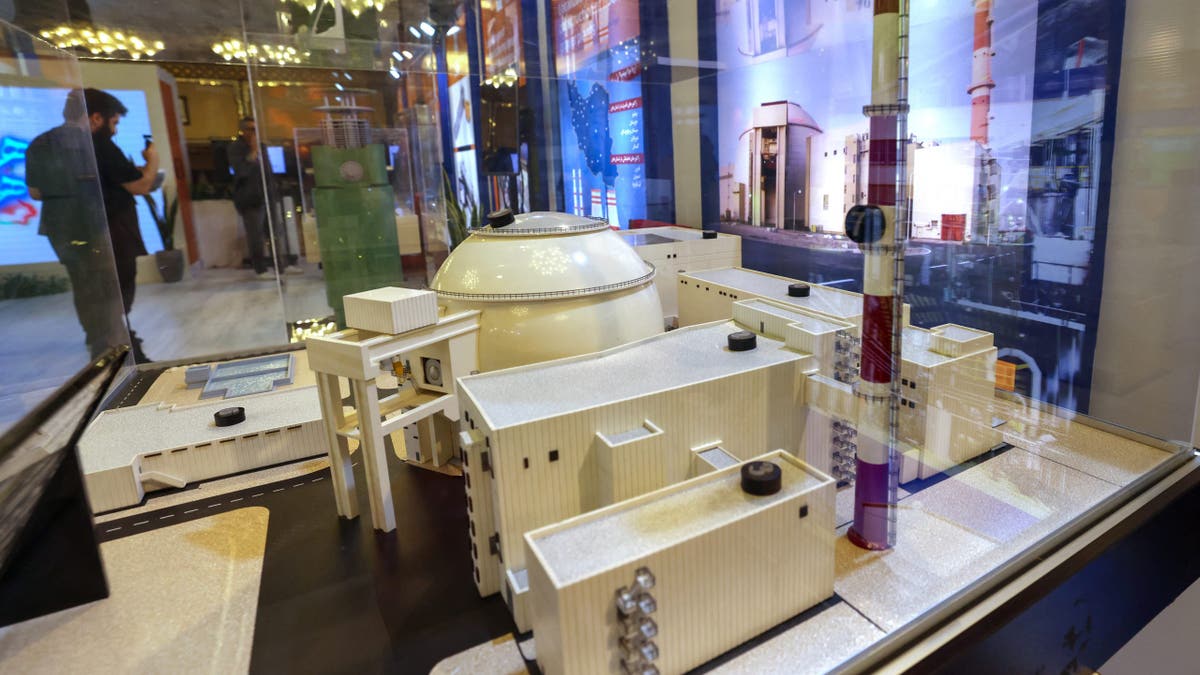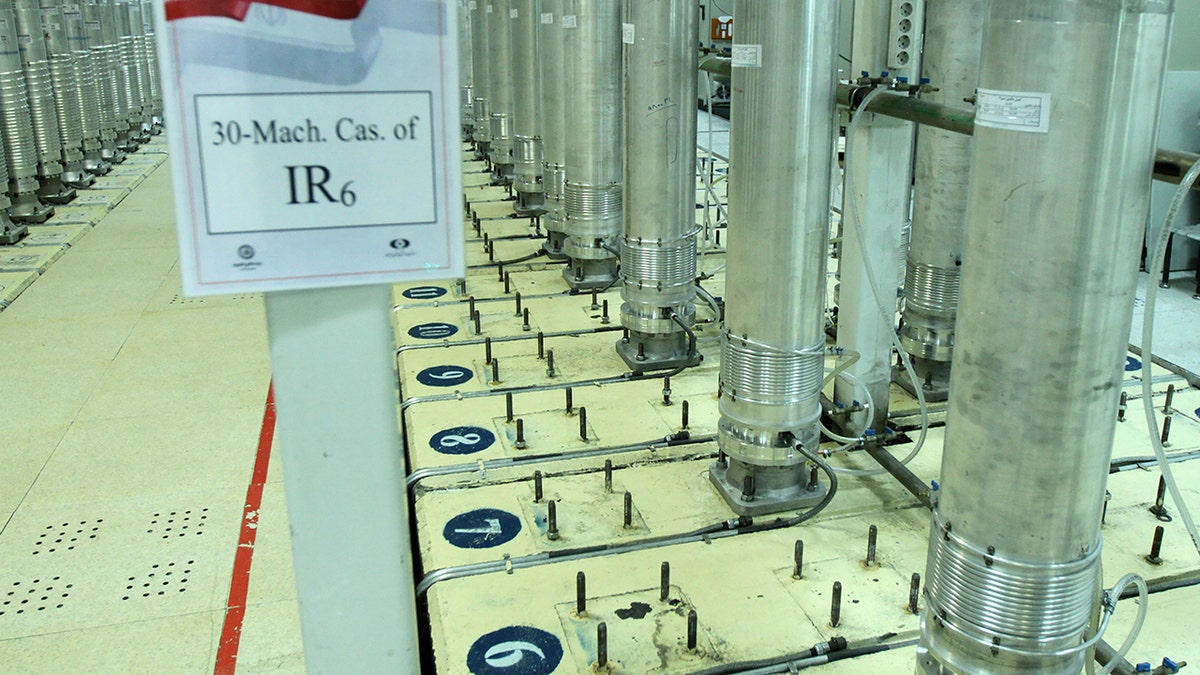Military experts have suggested to Fox News Digital that it remains a distinct possibility Iran could declare itself a nuclear power this year with the United States’ political future uncertain amid a tightly contested presidential election.
“I think that’s a real option,” said James Carafano, vice president of foreign and defense policy studies for The Heritage Foundation. “I mean, if I were the Iranians and I were going to do it, I would do it now because Biden will do nothing.
“The Israelis are bogged down, and you’ve got months before — if Trump wins — before he comes to power, and by then you have established nuclear power and what’s going to happen.
“He’s not going to start World War III, right?” Carafano added. “He’s not going to come in on day one and bomb Iran. He’s not going to do that, and they know that.”
PENTAGON SAYS THERE IS A ‘DEEPENING COOPERATION AND RELATIONSHIP’ BETWEEN RUSSIA AND IRAN
The Biden administration has repeatedly warned throughout the past year that Iran is on the brink of achieving a nuclear weapon. U.S. State Secretary Antony Blinken in July told the Aspen Security Forum Iran “is now probably one or two weeks away” from achieving “breakout capacity of producing fissile material for a nuclear weapon.”
Blinken blamed the collapse of the Joint Comprehensive Plan of Action (JCPOA), commonly known as the Iran Nuclear Deal, for Iran’s accelerated development. He stressed the U.S. had not at that time seen any evidence to suggest Iran already has a nuclear weapon, Barron’s reported.
A U.S. State Department spokesperson told Fox News Digital, “We are committed to never letting Iran obtain a nuclear weapon, and we are prepared to use all elements of national power to ensure that outcome.”
Carafano argued the uncertainty of the U.S. presidential election, particularly President Biden’s lame-duck status after deciding not to seek a second term, has given Iran a key opportunity.
DHS, FBI PROBED FOR INFO ON ALLEGED IRANIAN AGENT’S ASSASSINATION PLOT POSSIBLY TARGETING TRUMP
“It doesn’t matter if you could deploy a nuclear weapon or not,” Carafano explained. “They’ll just say that, and everybody would just freak out. They can say, ‘Well, I declare myself a nuclear power now, and I’ll defend myself with nuclear weapons.’ And, of course, it’s even worse if you say that and people know that you can actually defend yourself if you carry weapons.
“Once you’re a nuclear state, there’s this kind of perceived, ‘I have a forcefield around me,’ like the Starship Enterprise,” Carafano added. “If you look at the timing of that … are the Israelis going to attack you? I mean, they’re a bit busy at the moment. What’s Biden going to do? Biden’s not going to do anything between now and the election and January, and if Trump wins, it’ll be several months before he comes in office.”

Retired Lt. Gen. Charles Moore of the U.S. Air Force agreed with Carafano’s assessment, calling it a “distinct possibility,” but he noted the limited power of declaring nuclear capabilities, mainly that “declaring yourself a nuclear power and being able to actually effectively deploy and employ a nuclear weapon are two entirely different things.”
“I don’t think it is unreasonable to assume that following any ‘declaration’ by Iran or during the final steps required to effectively test a weapon and make it to a delivery vehicle, we would see Israel and/or the United States take action to prevent that from happening,” Moore said.
IRAN’S NEW PRESIDENT ASSERTS RIGHT TO RETALIATION IN RARE PHONE CALL WITH MAJOR US ALLY
Carafano admitted that, in the long run, having nuclear weapons acts as only a deterrent against other nuclear weapons. He pointed to the Sept. 11 terrorist attack and Russia’s recent invasion, with Ukraine rebuffing Moscow and this month even pushing into Russian territory.
“Nuclear weapons have a very limited utility, which is to really deter nuclear conflict with another nuclear power, but other than that … if you can’t win a conventional war, you don’t start a nuclear war, right?” He said. “It’s not the get out of jail free card free for the Iranians, and … five seconds after they become a declared nuclear power, the Saudis and the Turks and the Egyptians and others want to be a nuclear power.”

Behnam Ben Taleblu, a senior fellow at the Foundation for Defense of Democracies, said nuclear incrementalism “has given way to significant nuclear advances by Khamenei while Biden has been in office” and speculated that “it’s entirely plausible that these are gains Tehran might want to lock in or immunize should Trump return.”
“Lest we forget, Iran originally aimed to have a nuclear fait accompli for the world before it was detected in 2002,” Taleblu said. “Tehran pursued a crash program designed to produce a handful of nuclear weapons that it hoped would buy it both status and security.
“Fundamentally, weaponization is a political decision but composed of a whole series of technical processes,” he added. “The decision to undertake either can be shaped by Western policy, for good or for ill.”
Read the full article here











